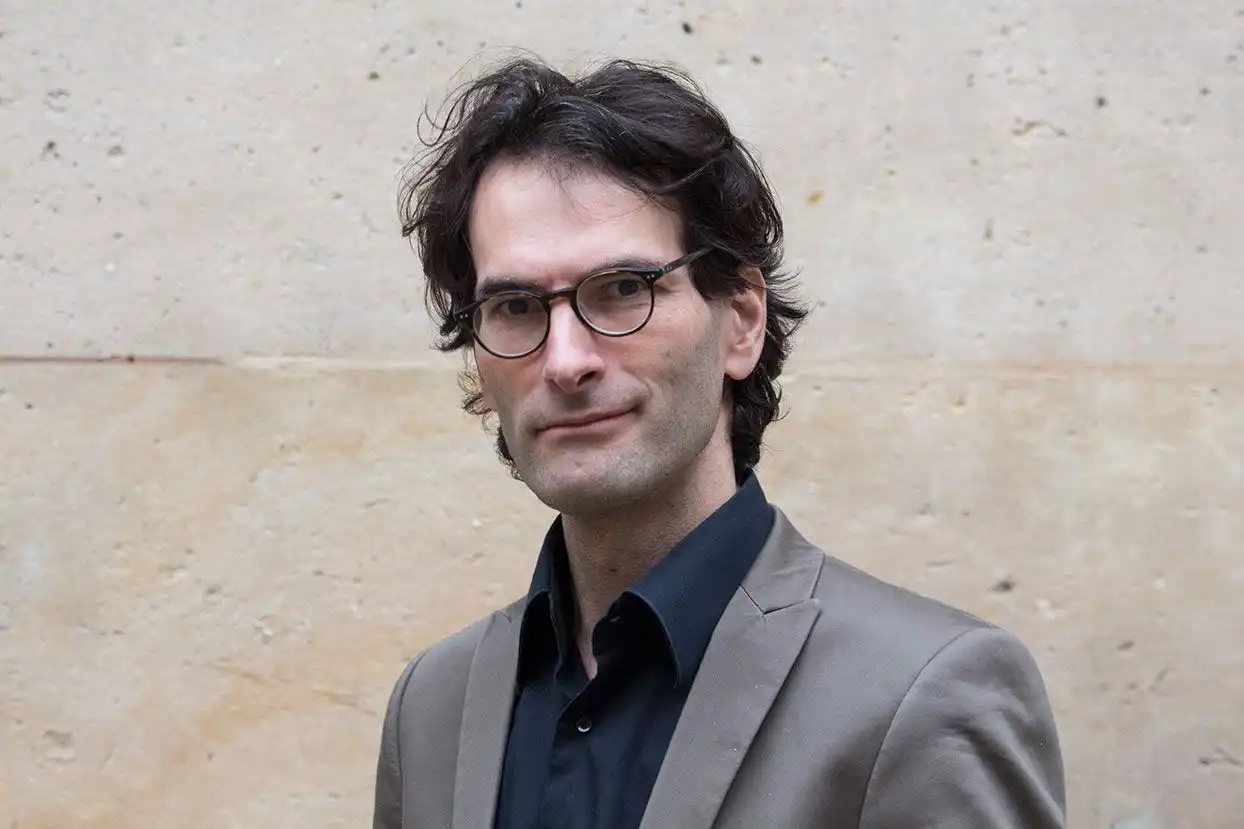Accueil>Return on team moves: First steps of a long term project on fission(-fusion) mechanisms in social life
07.03.2025
Return on team moves: First steps of a long term project on fission(-fusion) mechanisms in social life
À propos de cet événement
Le 07 mars 2025 de 11:30 à 12:30
Organisé par
CRISCRIS SCIENTIFIC SEMINAR 2024-2025
TALK BY OLIVIER GODECHOT
Senior Scientist CNRS, Sciences Po - CRIS & AxPo

Recruitment and mobility are generally viewed as individual phenomena, driven by individual factors, especially human capital. In the classical labor market framework, the exit option reveals the individual market value of a worker.
What if labor mobility is not only individual, but could have a collective dimension?
Indeed, this is what happens when a firm poaches a pre-formed team from another firm. In such a case, the output of the whole counts more than the sum of the human capital of the individuals. Thus, team movements challenge the classical individualistic approach to the labor market.
Previous work (Lazega, 2001, Groysberg, 2010, Godechot, 2017) has shown that team movements appear to be crucial for the functioning of the labor market in a number of high-end occupations, such as law firms and finance. Qualitative fieldwork and interviews in finance and law firms allow us to document the mechanisms underlying these team moves: they facilitate the transfer of business activity from one firm to another, especially clients.
To confirm that workers receive a wage rent for this transfer of activity, we exploit the French administrative wage dataset for the Paris region labor market for managers and professionals.
Using staggered diff-in-diff methods, we show that team moves lead to significant wage increases. Two years after the move, team movers enjoy a 10-12% wage premium over stayers and a 3-5% wage premium over solo movers. The team move premium is even larger in the financial sector, with a 20% wage increase relative to stayers and a 10% premium relative to solo movers. Thus, team moves play a role in the reconfiguration of capitalism by allowing groups of (highly skilled) workers to use their collective power to undermine the boundaries of the firm and appropriate some of the capital for their own interests.
À propos de cet événement
Le 07 mars 2025 de 11:30 à 12:30
Organisé par
CRIS